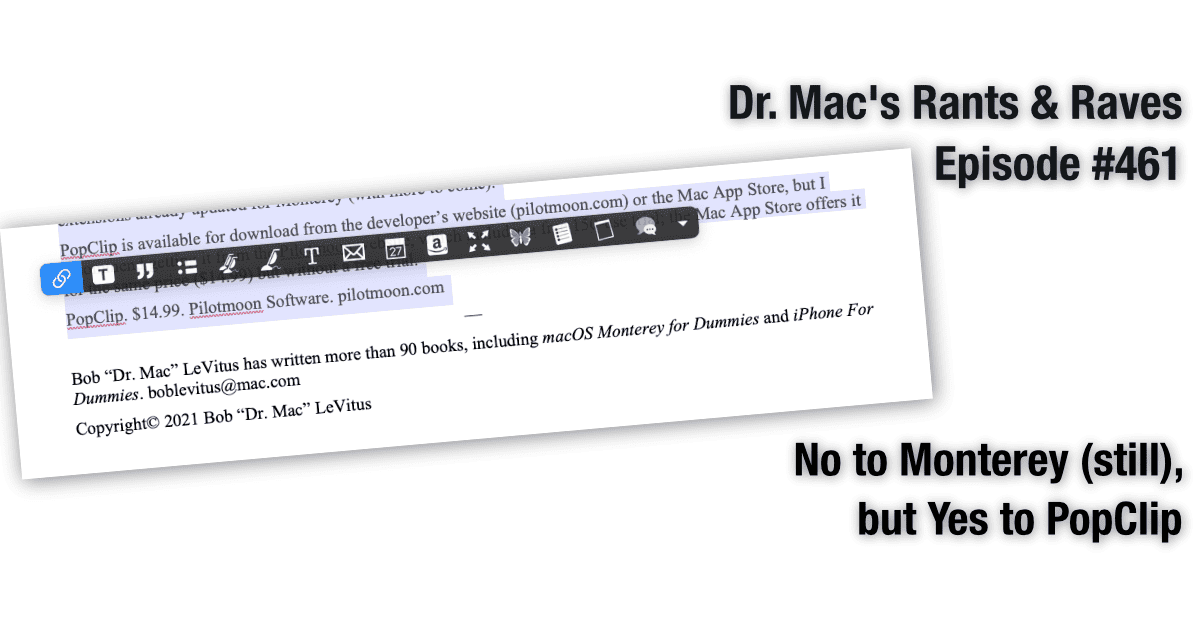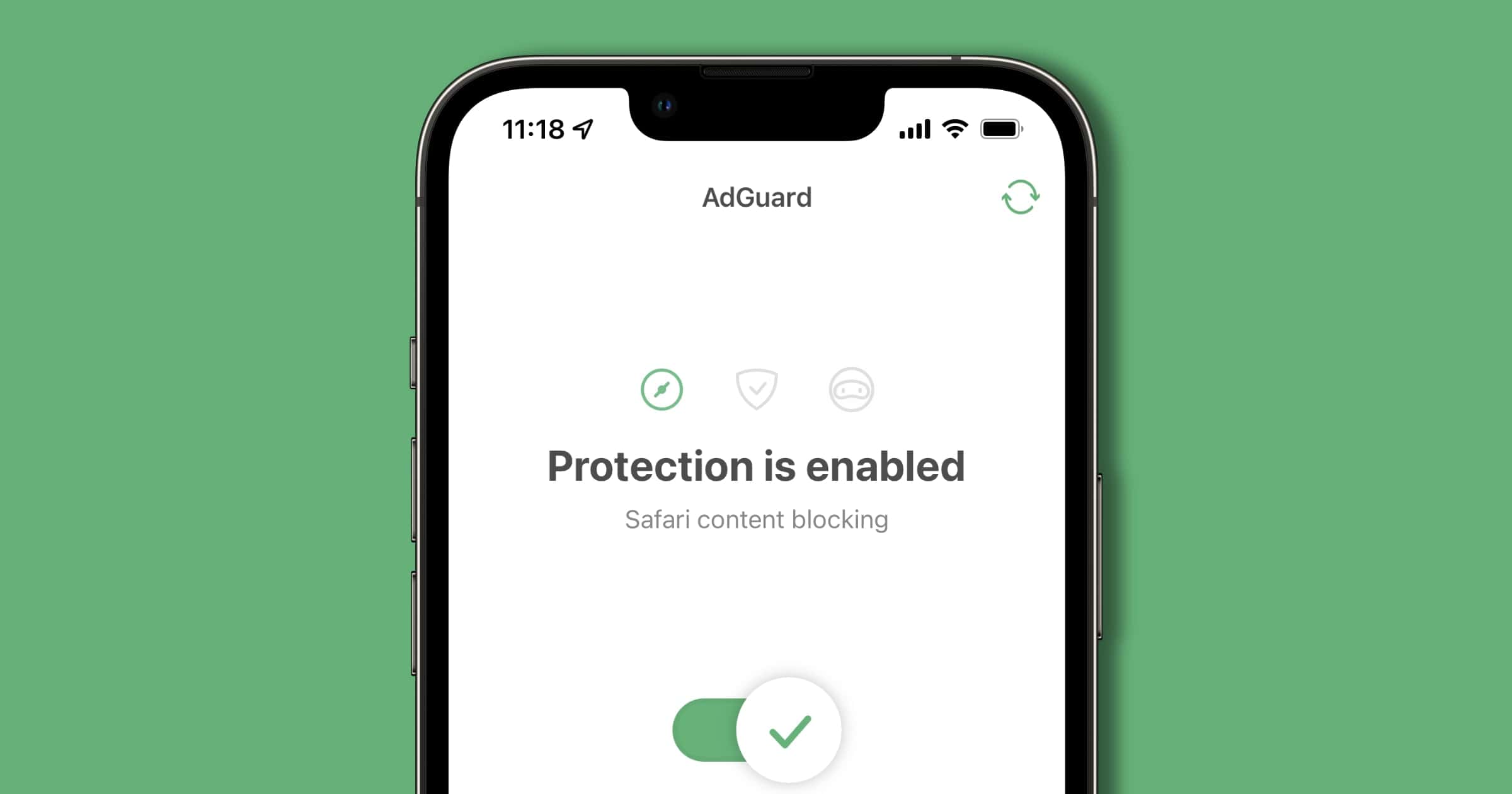Apple is set to overtake Samsung as the world’s top smartphone brand in the fourth quarter of this year. Furthermore, it could launch a 5G iPhone SE in the following three-month period. The finds from Trendforce, reported on by AppleInsider, could have very interesting consequences for the smartphone market going forward.
Trendforce…estimates that Apple will overtake Samsung and become the world’s top smartphone brand in the fourth quarter — the busy holiday shopping season — with 23.2% of the market. The analysis firm also forecasts that Apple is on-track to release with a third-generation iPhone SE in the first quarter of 2022. It believes that the device could be a “major instrument” in helping Apple achieve a more foothold in the midrange 5G market.























